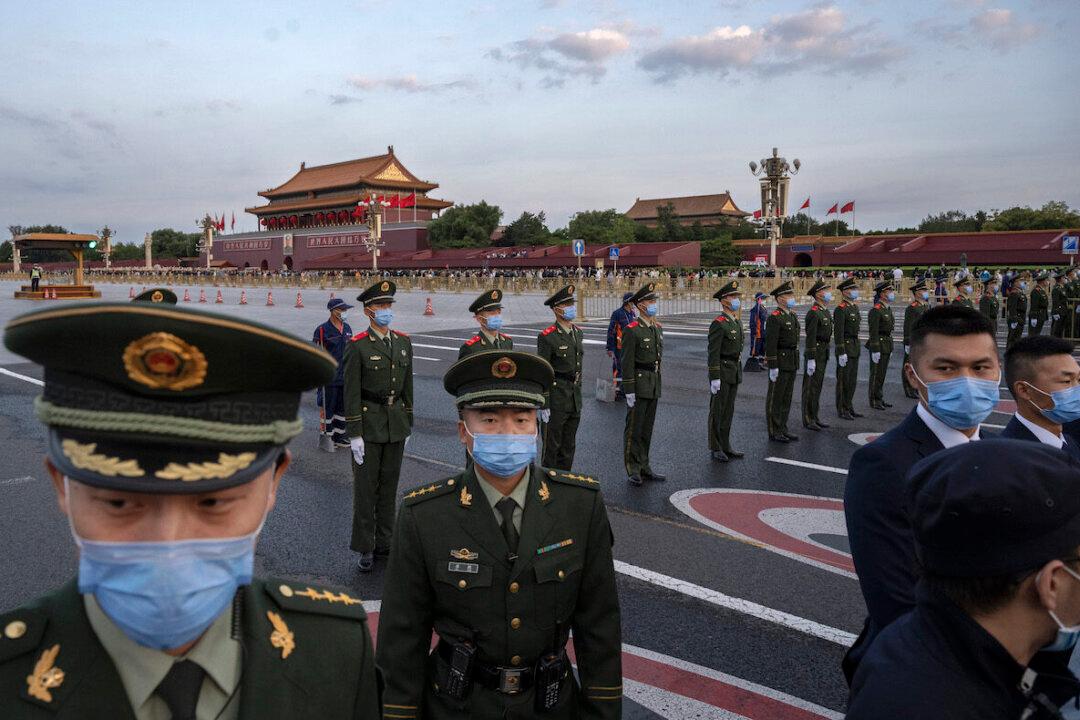Commentary
China’s communist dictatorship employing “moles” should not surprise anyone. Its interactions on the world stage show it will employ any methodology to attain its ever-growing belligerent demands.

China’s communist dictatorship employing “moles” should not surprise anyone. Its interactions on the world stage show it will employ any methodology to attain its ever-growing belligerent demands.